Posted on 12/19/2025
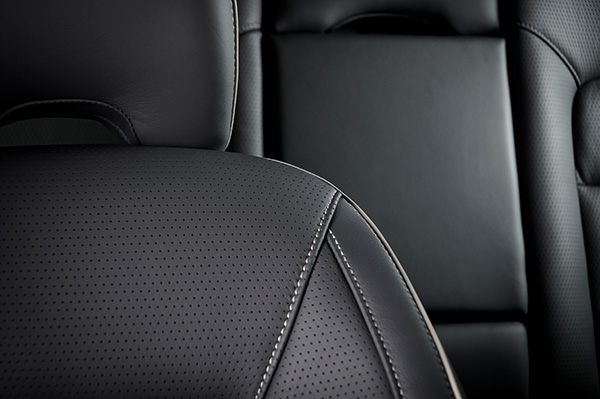
Cold winter air can be rough on leather seats and trim. The same low humidity and temperature swings that dry out your skin can pull moisture from leather, leaving it stiff, dull, and more likely to crack. With a little attention before and during winter, you can keep your interior soft, flexible, and looking good for years instead of watching it age a season at a time. Why Cold Weather Is Hard on Leather Interiors Leather prefers stable temperatures and moderate humidity. In winter, the air outside is dry, and heated cabin air dries it out even more. Every time you get in with a cold, damp coat, then crank the heat and seat warmers, the surface goes through quick expansion and contraction cycles. Those swings pull natural oils out of the leather and open up tiny surface cracks. Road salt dust and grit from shoes also get ground into the seats, acting like sandpaper every time someone slides in or out. Over a couple of seasons, that combination can turn smooth leath ... read more
Posted on 11/28/2025
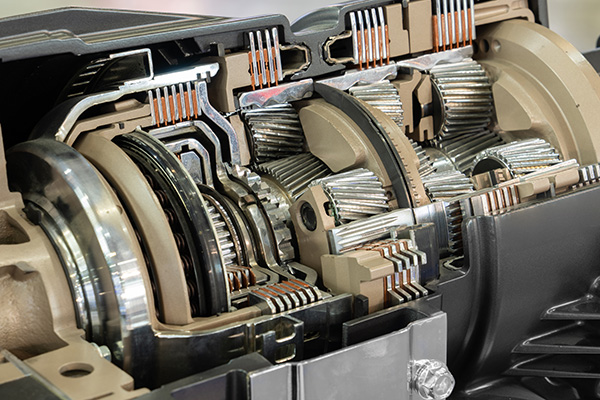
Porsche Doppelkupplung, or PDK, delivers lightning-fast shifts without breaking the flow of power. It feels like an automatic in traffic and a race gearbox on a back road. The secret is a pair of clutches and a very smart control unit that can prepare the next gear before you ask for it. What Makes PDK Different From a Regular Automatic Traditional automatics use a torque converter and planetary gearsets. PDK uses a dual-clutch design with two input shafts and conventional gear pairs. One clutch controls the odd gears, and the other clutch controls the even gears. Because the next gear can be engaged on the idle shaft while the current gear drives, PDK can swap clutches and complete a shift in a fraction of a second with almost no interruption in acceleration. Two Clutches, Two Shafts, One Continuous Pull Think of PDK as two manual gearboxes packaged together. While you are accelerating in third gear, fourth gear is already selected on the alterna ... read more
Posted on 10/31/2025
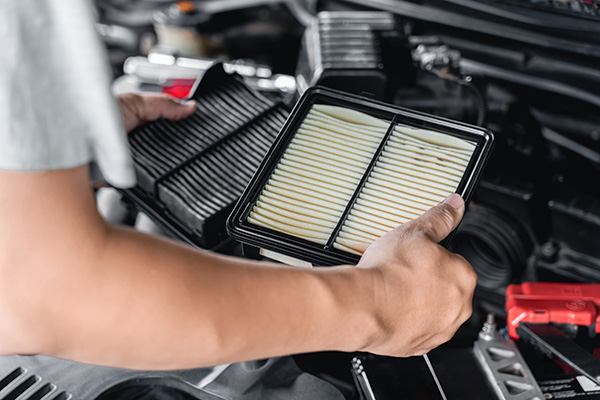
Your Mercedes-Benz is engineered to deliver smooth, powerful performance. Every system works together with precision, and even a small part like the engine air filter plays a critical role. The air filter makes sure that the air entering the engine is clean and free of dust, dirt, and debris. When it becomes clogged, the effects on performance, efficiency, and long-term reliability can be more serious than many drivers expect. Here’s how a dirty air filter can impact your Mercedes-Benz and why replacing it on schedule is so important. Why the Engine Air Filter Matters Engines need a precise balance of air and fuel to run properly. The air filter allows oxygen to enter while blocking harmful contaminants that could damage the engine. Over time, the filter naturally becomes dirty as it traps debris. If it’s not replaced, the airflow into the engine becomes restricted. A restricted intake leads to reduced efficiency and puts extra stress on critical parts ... read more
Posted on 9/26/2025
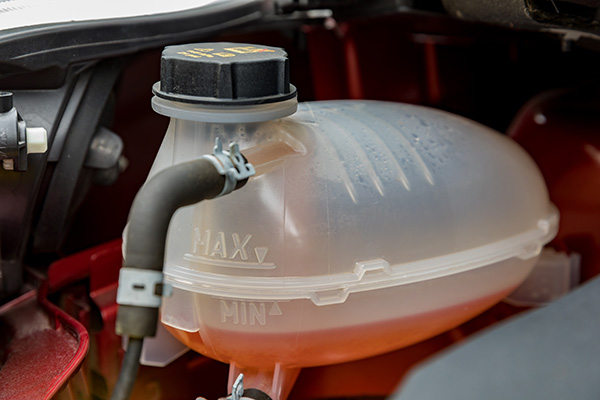
The cooling system in your Audi is designed to manage heat efficiently, even when the engine is under heavy load. Two of the most important components in that system are the water pump and the coolant. They work together to circulate coolant throughout the engine and radiator, keeping temperatures in check. If either part starts to fail or break down, engine damage can happen quickly. Regular service and timely replacement of both the water pump and coolant are essential, especially in performance-oriented vehicles like Audis. But how do you know when the right time is? And what are the risks if you wait too long? What Does the Water Pump Do Your Audi's water pump is powered by a belt or chain connected to the engine. It pushes coolant through the engine block, cylinder heads, heater core, and radiator. When working properly, it maintains a steady temperature so the engine doesn't overheat or run too cold. If the pump fails, coolant stops flowing. Within mi ... read more
Posted on 8/29/2025
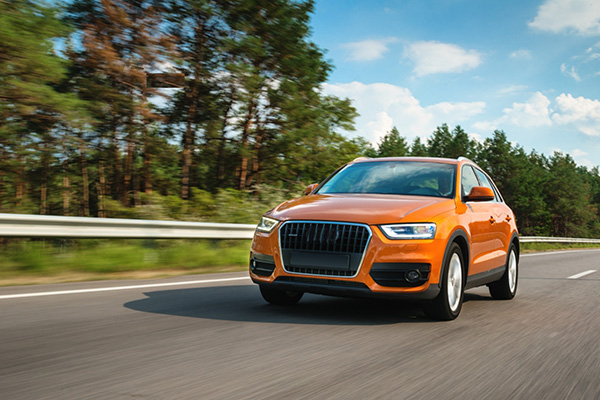
For decades, Audi, BMW, and Mercedes-Benz have been competing for the attention of luxury car buyers. Each brand has its loyal fans, and each offers a blend of performance, technology, and prestige. But when it comes to reliability, many drivers wonder which brand comes out on top. While the answer is not always straightforward, comparing the brands in key areas such as maintenance needs, technology complexity, and real-world ownership experiences can give a clearer picture of how Audi stacks up against BMW and Mercedes. The Reputation of Each Brand Audi has earned a strong reputation for combining cutting-edge technology with elegant design. BMW is known for sporty driving dynamics, while Mercedes emphasizes luxury and comfort. All three brands build vehicles to a high standard, but they also share a common trait—complex engineering that requires specialized maintenance. Historically, none of these German luxury brands has matched the long-term reliability o ... read more